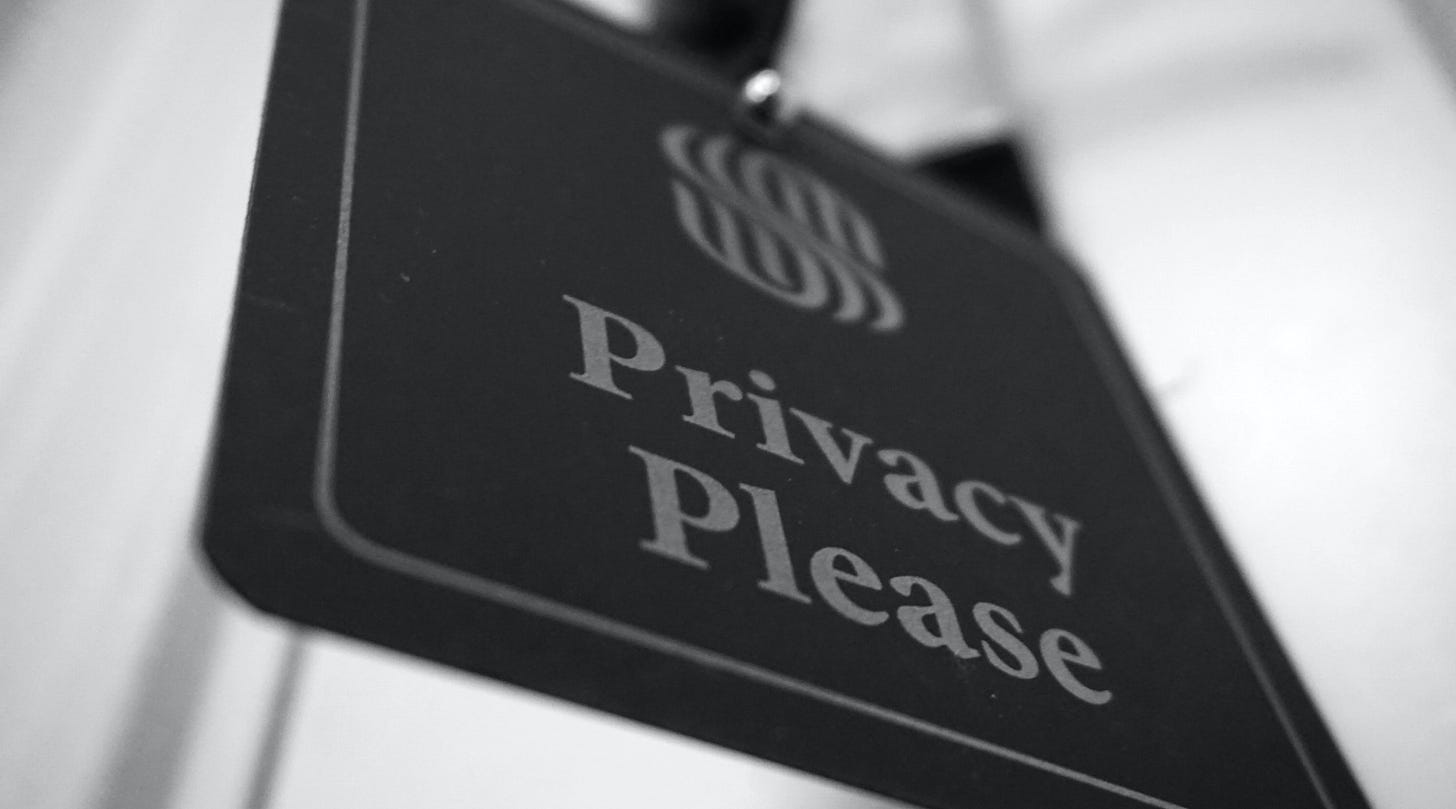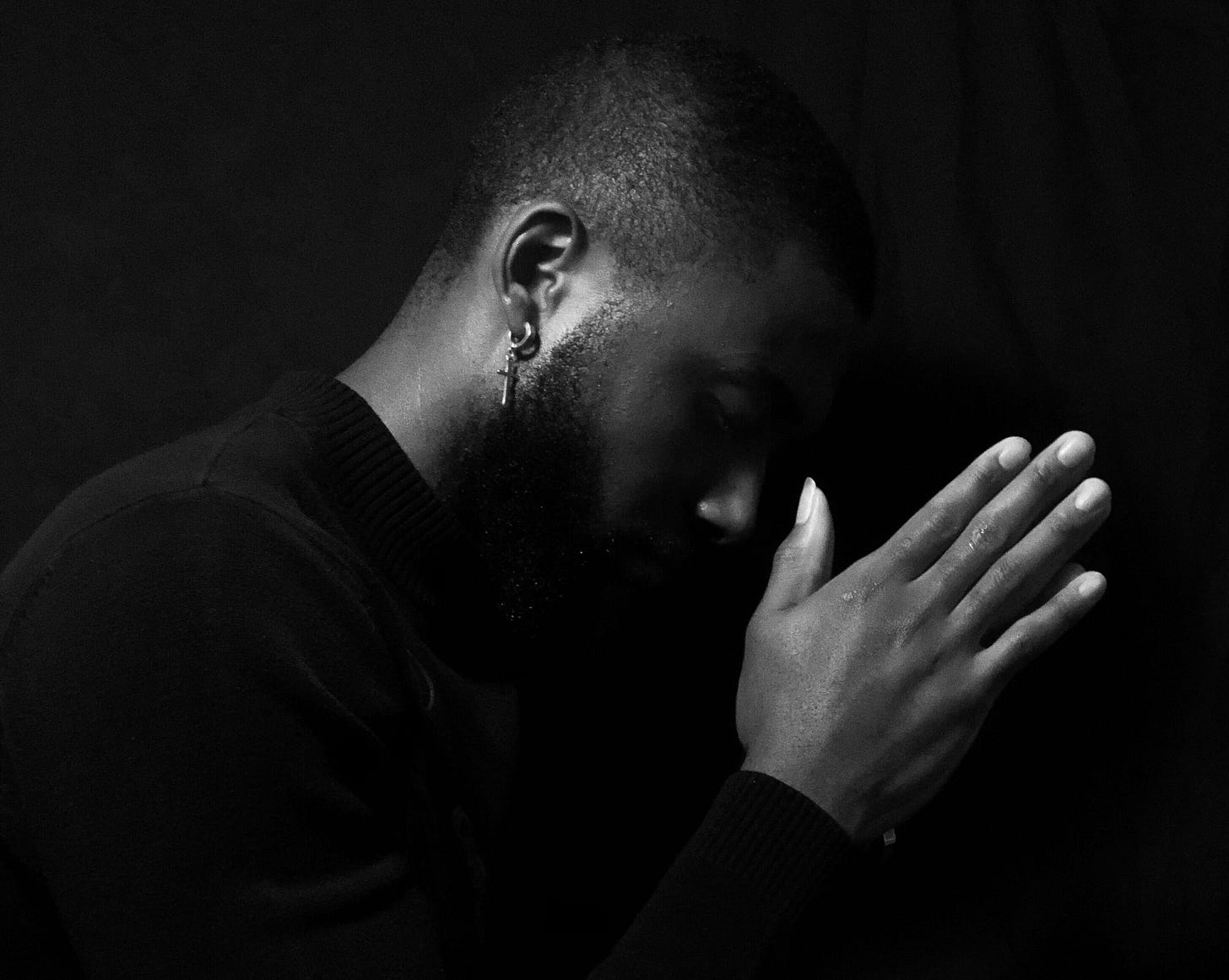Clubhouse positions itself as the creator-friendly social app
Plus: Kid-shaming parents and Yelp expresses solidarity with the AAPI community.
TikTok was last year’s tech darling and if the first few months are any indication, this year will belong to Clubhouse — despite my well-documented incredulity. Yesterday, the company introduced Payments, its first monetization feature that enables users to pay money to a small test group of creators. Senders will pay the three-percent transaction to Stripe, Clubhouse’s payment processing partner, but the company won’t collect any additional fees. (Stripe is The Supercreator’s payment processor too.) The company said it plans to iterate the feature based on creator feedback before rolling it out to everyone. A Clubhouse spokesperson did not respond when asked if it had a timetable for the feature’s full release.
I’m also interested to see how other social apps — especially Twitter, TikTok and Facebook, which owns Instagram — respond to the move. Clubhouse has clearly outflanked its competition, kinda like in politics when a candidate campaigns to an incumbent’s ideological right or left, forcing them to shift or lose voters (or, in Clubhouse’s case, users.)
It’ll also be interesting to how Clubhouse recoups the money it’s passing along to creators. I’m sure the app will eventually be ad-supported but I also wouldn’t be surprised if the company launched a series of paid or branded events or rooms marketed to creators through the contact info and data they collected during the Stripe transaction.
What’s clear is this is Clubhouse's attempt to corner the creator-friendly slice of the market. After all, it’s suddenly proper for businesses to fully embrace “the creator economy” after two decades of exploitation. But I loathe when tech companies announce a feature that’s unavailable to its entire user population at the time of the release. Clubhouse isn’t alone in this. In fact, Facebook is the worst culprit. But it’s annoying whenever any company does it. (For the record, Clubhouse also didn’t respond when I asked how it determined which creators to include in the test group.)
When “sharenting” devolves into full-on kid shaming
Even though the mechanics of social apps heavily rely on users mining their personal lives for “content” to for tech companies to run ads against, there’s only so much engagement one can muster from our daily doings. Extremely Online parents often resolve this tension by “sharenting,” which occurs when adults in charge of a child’s well-being, such as a parent or teacher, transmits private details about a child via digital channels. And according to Julie Jargon at The Wall Street Journal, this practice has devolved into full-on kid-shaming for some moms and dads:
Numerous parents are taping themselves disciplining their children, then posting the videos on TikTok to teach them a lesson. One mom filmed her kids scrubbing floors as a punishment for fighting. “So my kids want to be d--s, this is what I make them do,” she said in the video. A father filmed three kids squatting with their backs against the wall and their arms stretched out, saying it was punishment for acting up. Two of the children in the video were sobbing and one hit the camera when it got close to her face.
Jargon reported some parents to believe online bullying will correct their kids’ behavior while others are poking fun at aspects of raising children, especially during a generational pandemic and economic crisis — even at the expense of their kids. (TikTok told WSJ that while it hadn't noticed many videos depicting Jargon's reporting, it “removes content that depicts or promotes physical abuse or psychological disparagement of minors.”
I’m not a parent. But I am as involved an uncle in my niece and nephew’s lives as technology enables me to be. And I’ve always supported and admired my sister’s decision to keep her kids off the interwebs at most costs. I’ll likely always err on the side of child privacy because the risks aren’t worth the rewards. I’m also grateful that these apps were nonexistent when I was coming up. I cringe at performing for social apps as an adult, goodness knows how annoyed if my flamboyance would have been exposed beyond the realm of my inner circle. Plus, as someone who chooses to work a public-facing career, I’m deeply sensitive to my loved ones who didn’t.
With all that said, I’m curious to know what you think. Subscribers can leave their thoughts in the comments section of this post or you can reply if you’re reading the email version of the newsletter. Either way, I look forward to your perspective.
Today’s subscriber exclusives:
Read All About It: How the Derek Chauvin trial is retraumatizing Black Americans, the fiction of affordable housing, how to end the motherhood tax and when working from home goes wrong.
Michael’s Picks: The cooking spray that makes me feel like Ina Garten, a moisturizing conditioner I hope won’t weigh my hair down and a must-read on why the Senate is a hot mess.
Yelp spotlights Asian-owned businesses: Maybe I’m missing something?
Last month, the nonprofit social organization Stop AAPI Hate released new research that revealed nearly 3,800 anti-Asian racist incidents were reported over the course of the last year during the pandemic. Women were targeted in nearly seven out of 10 incidents. Meanwhile, the Black community is feeling the weight of the Derek Chauvin trial as we hope the officer who killed George Floyd will be held accountable. I'm proud to stand in solidarity with my AAPI friends and inspired by how our two communities are choosing to show up for each other.
Brands are striving to demonstrate solidarity too. Yelp, the crowdsourced reviews and recommendations app, introduced an “Asian-owned” business label so users can search for and support those designated shops and restaurants. The campaign is in partnership with inclusion-oriented nonprofit Gold House. In its announcement, Yelp said the rate of searches for Asian-owned businesses in the US increased by 130 percent in February compared to the same period the year prior.
“Asian American and Pacific Islander crimes haven’t stopped — alarmingly, they’ve come even closer to home, present in our communities from Chinatowns to Filipinotowns,” Gold House program directors Mikkoh Chen and Megan Ruan said in a statement. “We hope Yelp’s new business attribute for APPIO business owners helps drive safe foot traffic into each enclave, benefits local communities economically and provides community-driven oversight and action into the safety of our neighbors and elders to come.”
But I’m unsure how promoting Asian-owned businesses will make Asians themselves feel safer. The uptick in anti-Asian hate crimes feels less like an economic issue and more like a civil-rights crisis instigated by the former occupant of the White House and his racist supporters. I’m here for AAPI small businesses getting that money but these initiatives show the limitations of the private sector when it comes to dismantling white supremacy and dismantling racism. I’m also aware that our government often moves at a glacial pace unless they’re cutting taxes for rich people or asking working-class voters to donate to their campaigns. Still, I believe public policy is the remedy since it’s public policy — or lack thereof — that made this terrible environment possible in the first place. Maybe I’m missing something though?
Everything else you should know today:
— The Columbia Journalism Review partnered with the Dart Center for Journalism convened a virtual summit designed to rewrite how the press covers gun violence. [CJR]
— This is cool: For the first time ever, all eight Ivy League school newspapers are led by women editors-in-chief. [The Daily Princetonian]
— Sen. Joe Manchin, the so-called “moderate” from West Virginia, served notice that he’s not a fan of the corporate tax increase in President Joe Biden’s proposed infrastructure plan, which could throw a wrench in the negotiations before they even really start. [Bloomberg]
— The Justice Democrats announced community organizer Odessa Cooper as their first recruit of the 2022 election cycle. She’ll challenge ten-term incumbent Rep. Jim Cooper and would become the first Black congresswoman to represent Tennessee and the first openly gay Black woman to be elected to Congress. [The American Prospect]
— Senate Minority Leader Mitch McConnell is big mad that businesses are protecting their interests by publicly rejecting the Republican Party’s voter suppression laws. [Politico]
— Prospective homeowners are flocking to Illinois thanks to a program that pays off up to $40,000 in student loans or a loan amount equal to 15 percent of the home purchase price (whichever is lower). It also provides a $5,000 loan toward a down payment or closing costs. [The Chicago Tribune]
— The Baltimore City Council passed a bill that will require landlords with 10 or more units who charge a security deposit of more than 60 percent of a month’s rent to offer prospective tenants the option to pay the deposit in three monthly installments or purchase “rental security insurance.” [The Baltimore Sun]
— 1 in 4 workers plans to look for a job at a different company once the pandemic ends, according to a survey conducted last month. The number climbs to 34 percent for Millennials, the largest generation in the workforce today. [Axios]
— Uber is considering eliminating a feature that enables California drivers to see ride destinations before picking up passengers and set their own prices. The company said too many drivers cherry-pick the profitable rides and decline other requests, which makes the service unreliable. [The San Francisco Chronicle]






